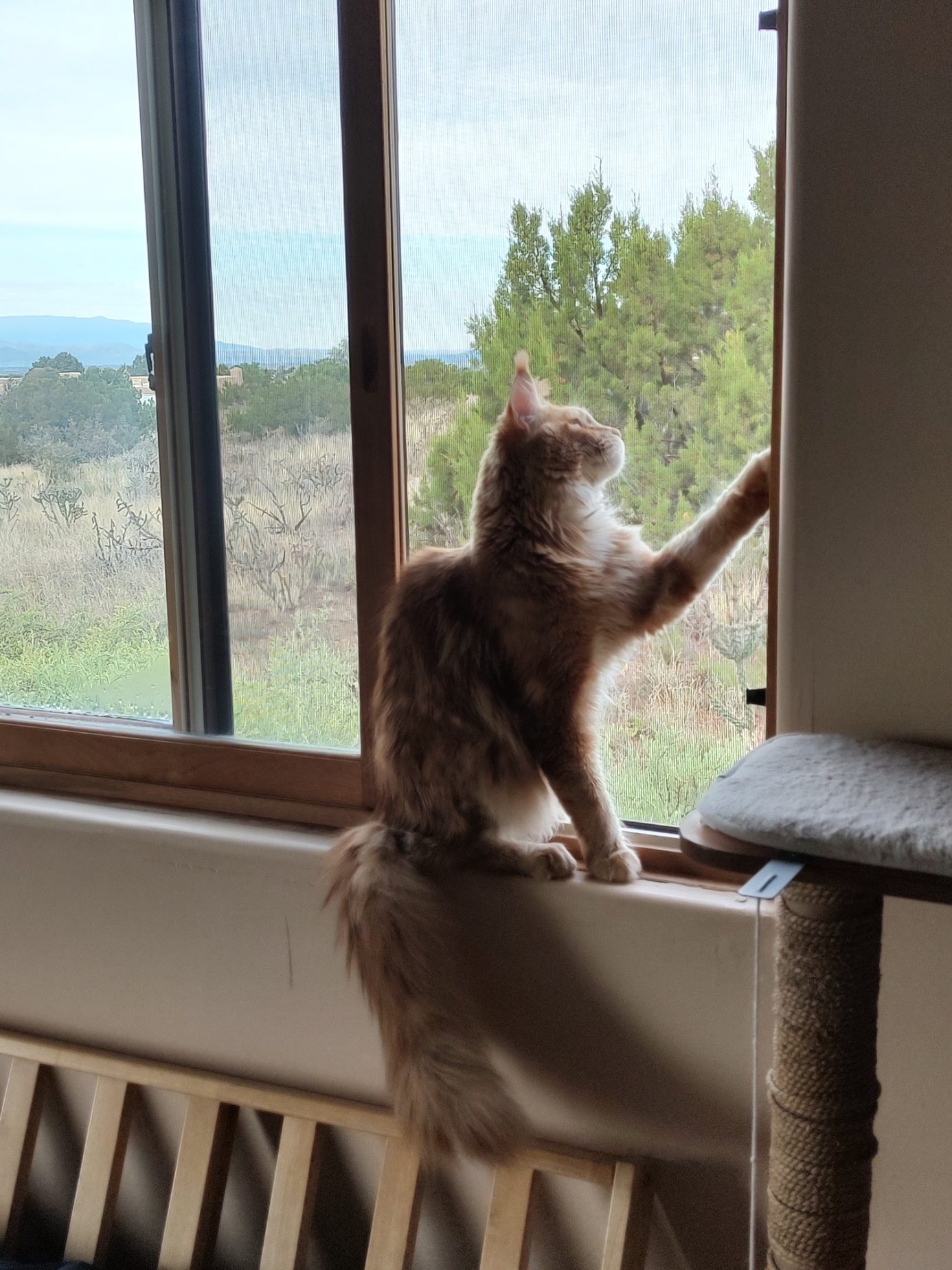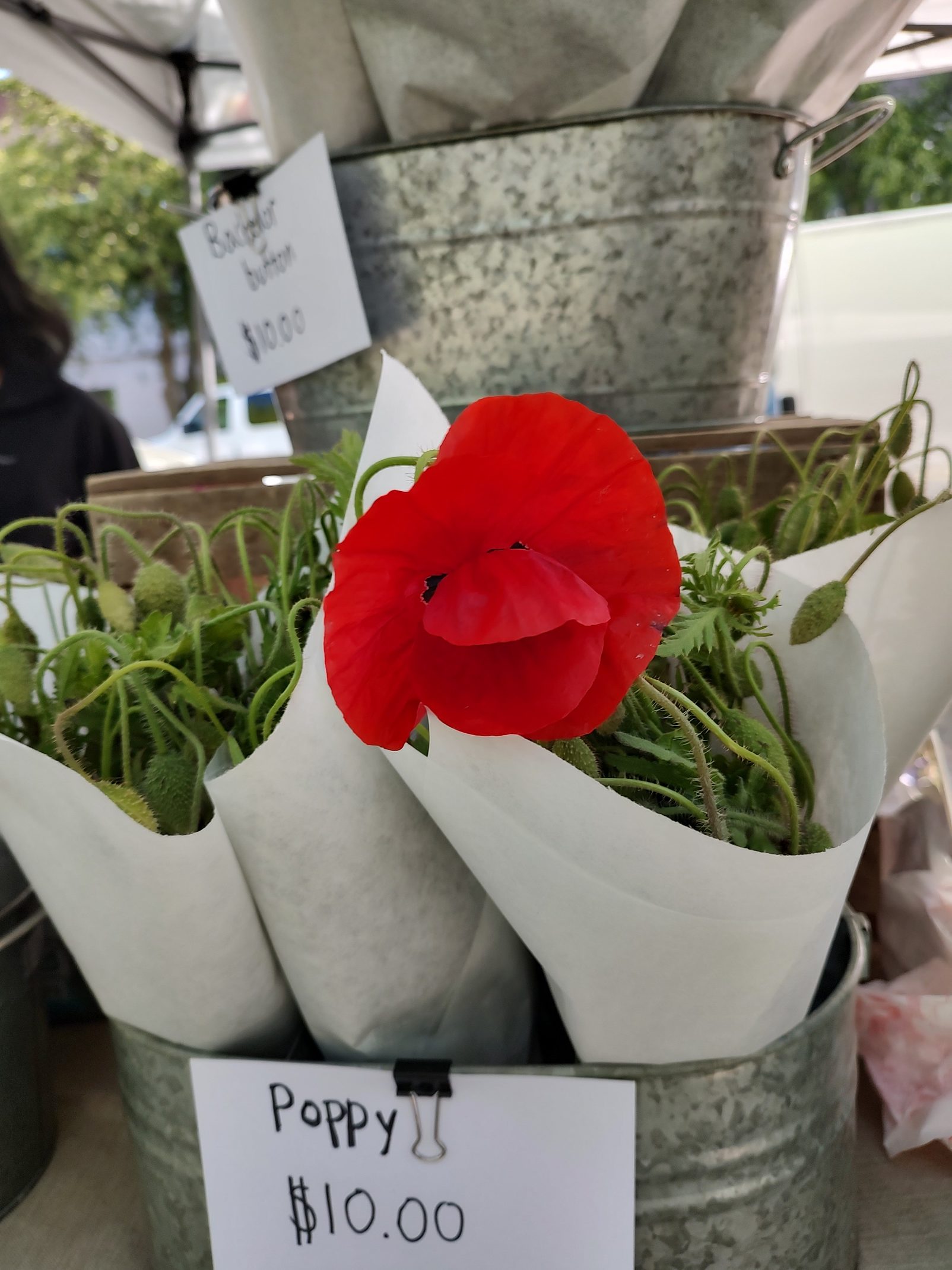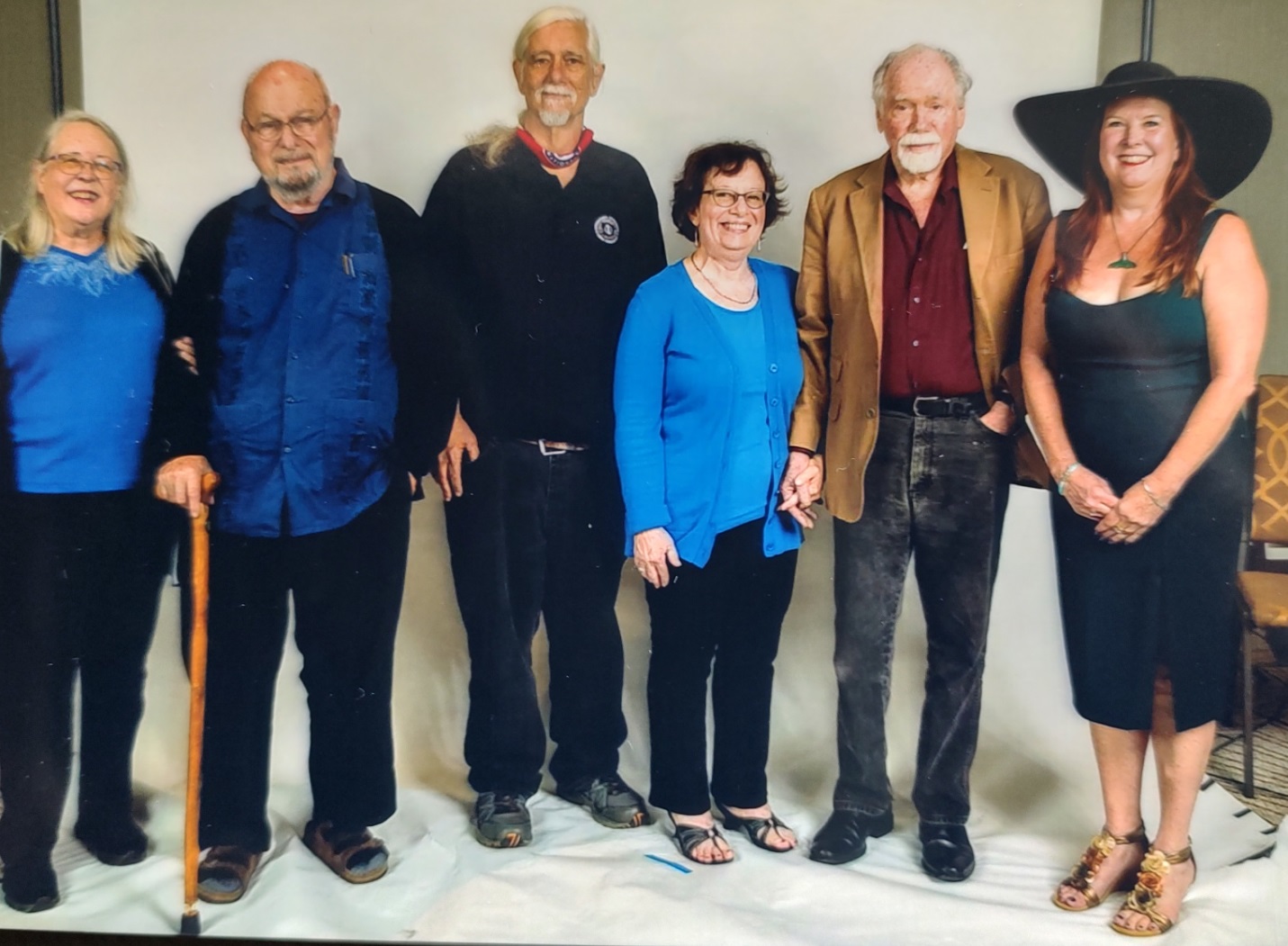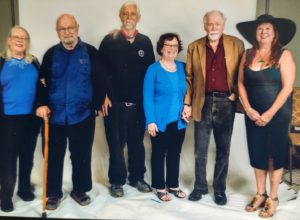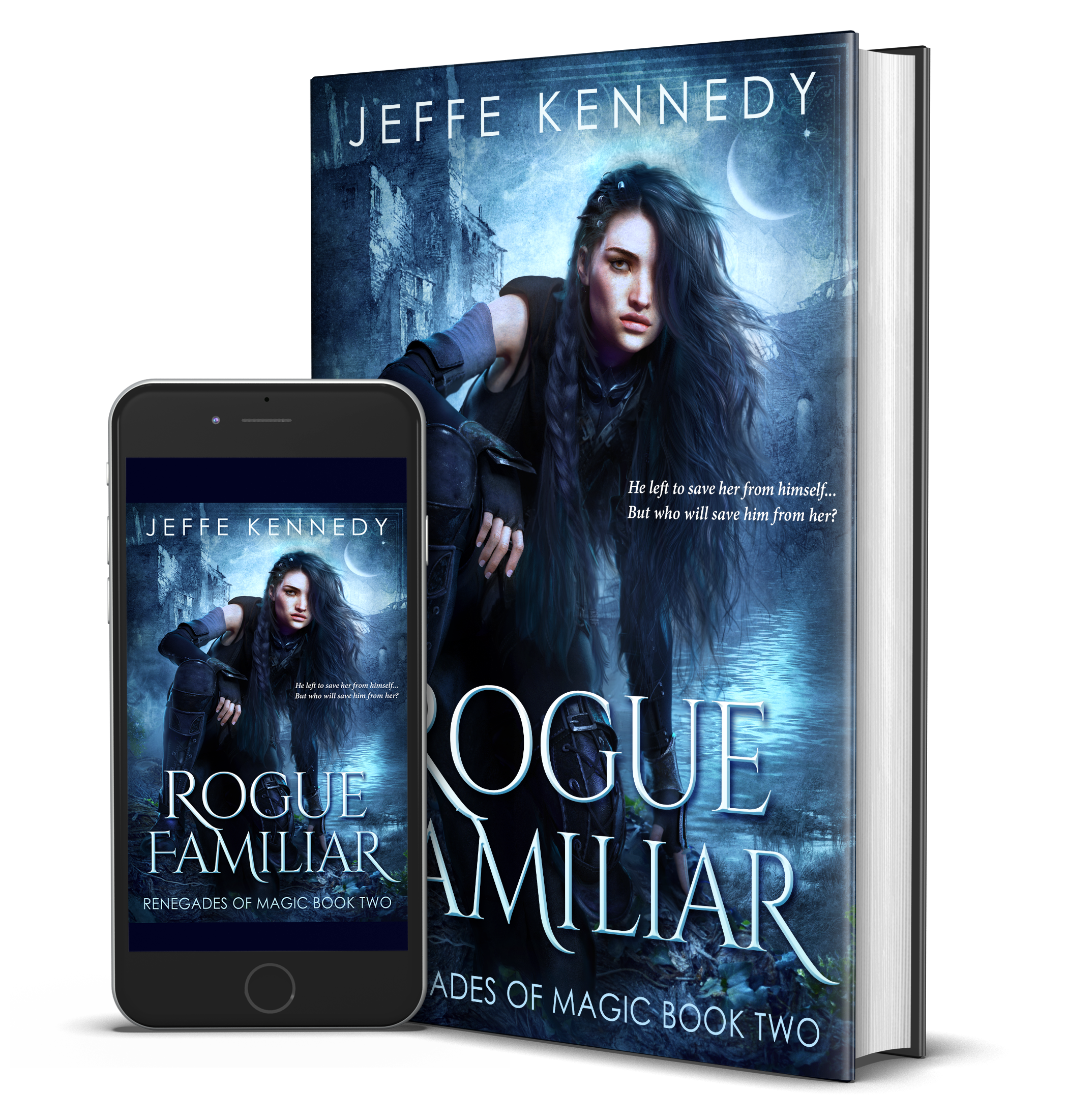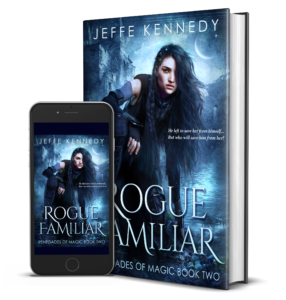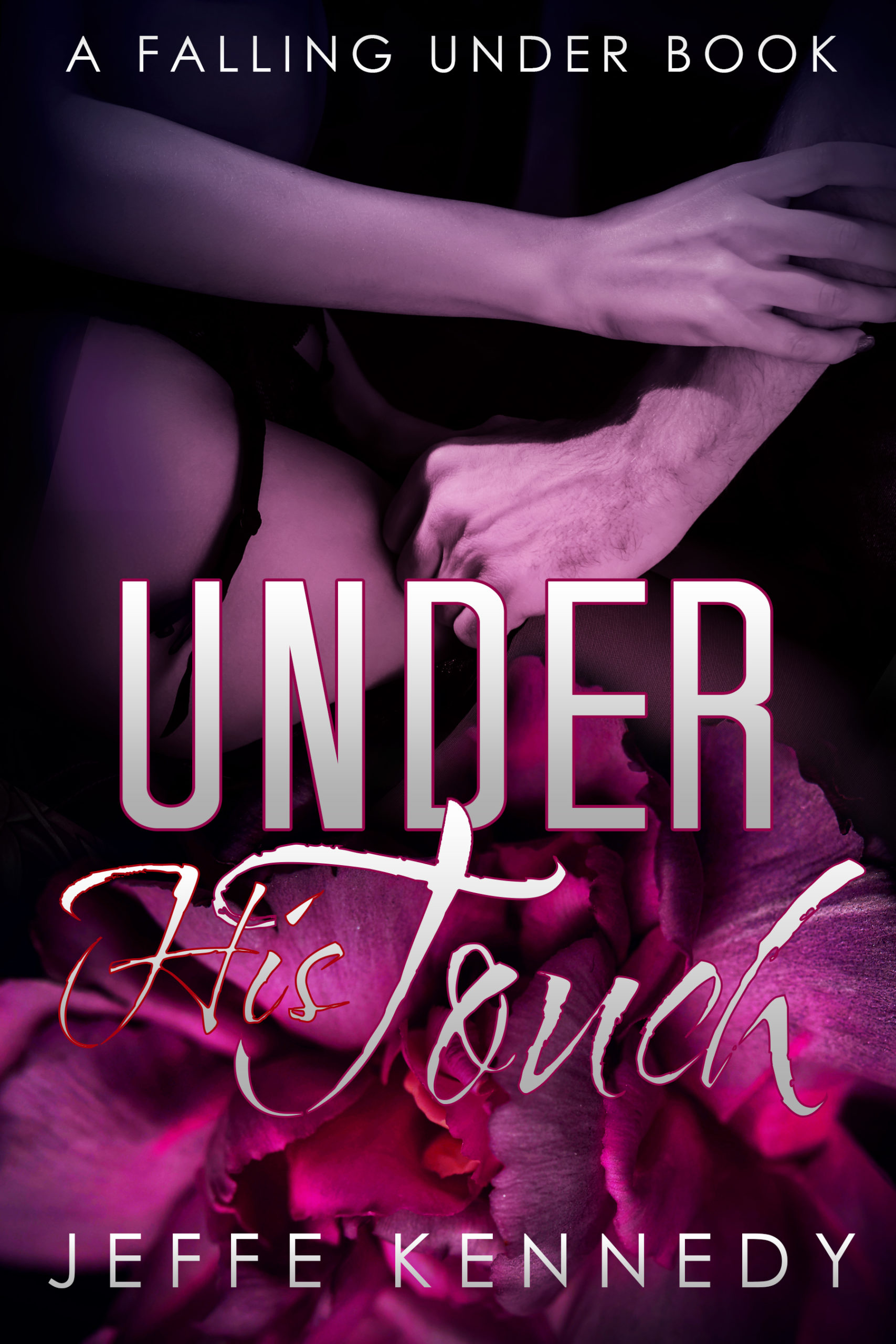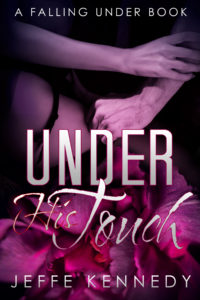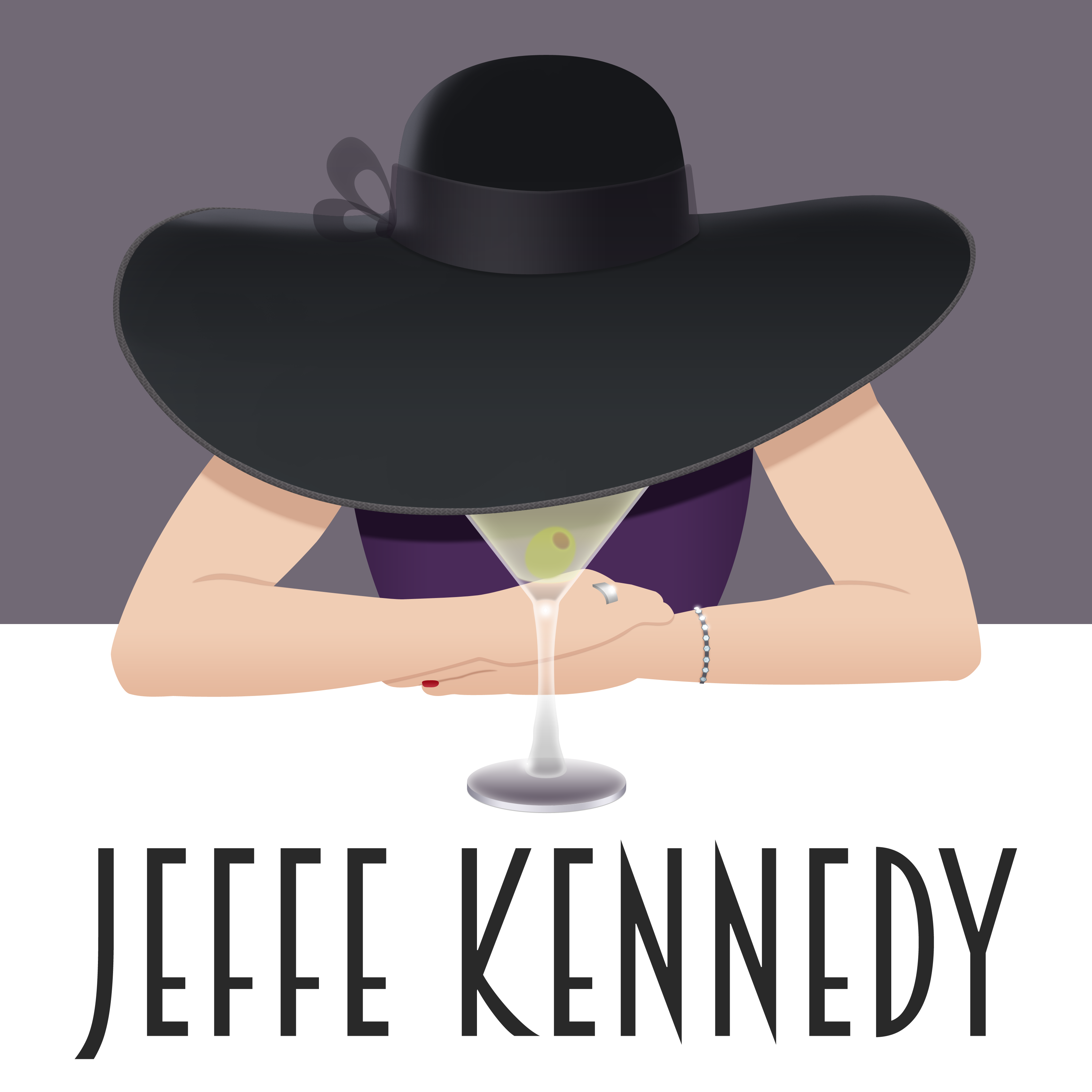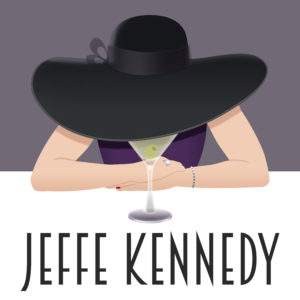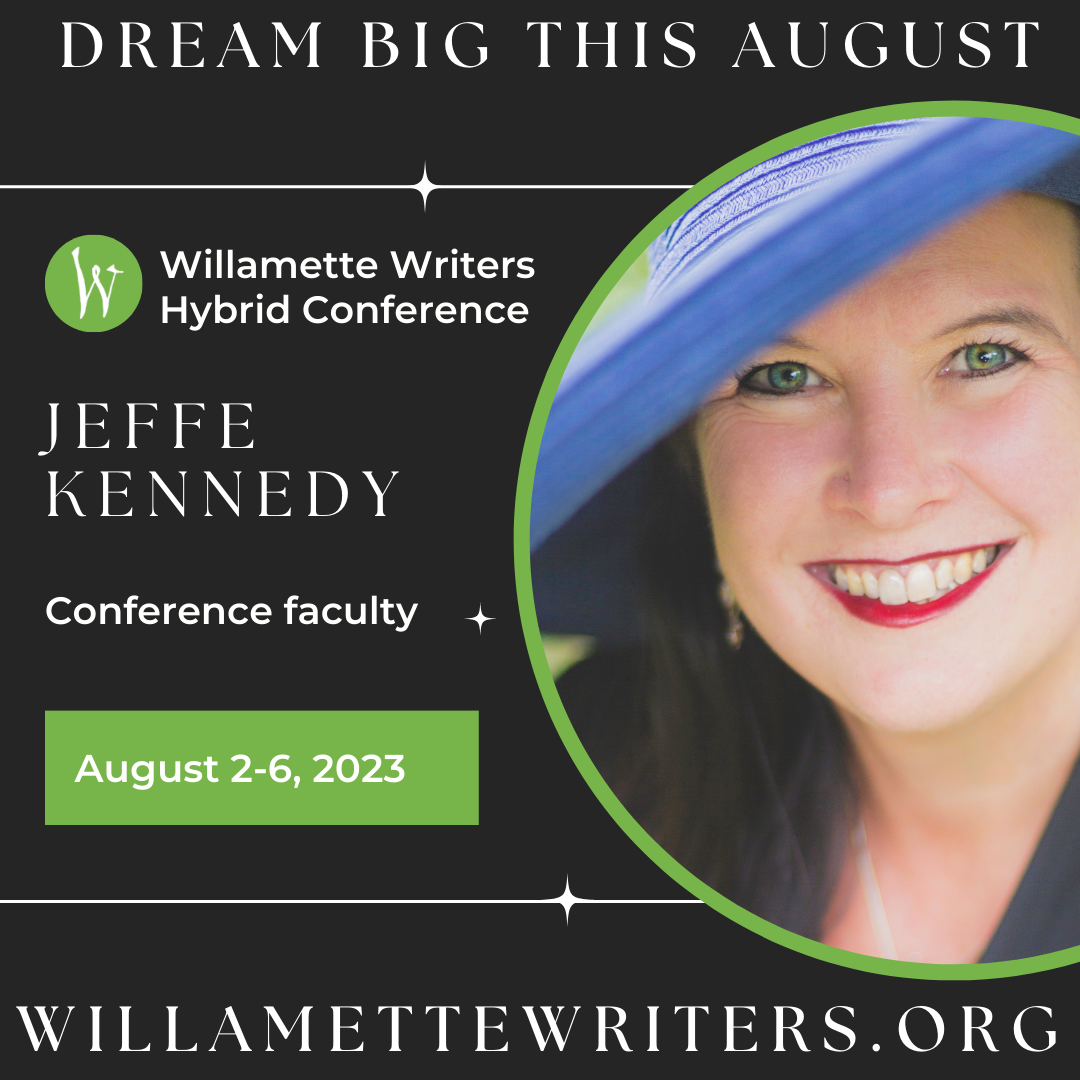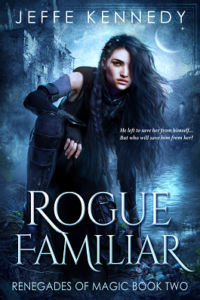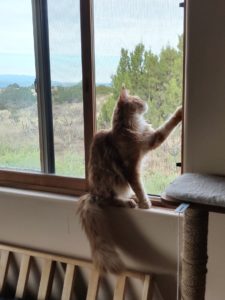
This week at the SFF Seven, we’re talking about Managing Word Count. Do we rewrite to hit a certain number? Do we have a chapter/scene word allotment?
So, a lot of you know that one of my nicknames is the Meticulous Volcano. This comes from me being born on the Leo/Virgo cusp, which a friend informed me makes me a meticulous volcano and they’re not wrong. I really am half and half – and this shows up in many ways. Yes, I have the passionate Leo nature, but I’m also the detail-oriented lover of spreadsheets. In my writing, this manifests in my total, far-end gardener/pantser/write for discovery process, which I track down to the tiniest detail, with charts.
Do I have a chapter/scene word allotment? Yes, I do. It varies from book to book – something I land on intuitively – with some books and series running to longer chapters and some to shorter. The shortest chapters, which creates a brisker pace, are generally about 6-7 pages long, or about 1,700 words. Longer chapters give a more epic feel, a more luxurious pace, and can be as long as 23 pages (my record) and about 7K words long. On average, however, I keep longer chapters to around 16 pages or 4,500 words.
For scenes, I follow the 3-Act 8-scene structure, which looks like this:
| Act 1 | Scene 1 | 12.5% | Initial set-up, establishing shot, life before | |
| Act 1 climax | Scene 2 | 25.0% | All stakes are set | |
| Act 2 | Scene 3 | 37.5% | ||
| Midpoint | Scene 4 | 50.0% | Midpoint pivot | |
| Scene 5 | 62.5% | |||
| Act 2 climax | Scene 6 | 75.0% | All is lost | |
| Scene 7 | 87.5% | often the same as Act III climax | ||
| Act 3 climax | 90.0% | Final climax | ||
| Scene 8 | 100.0% | Denouement, life after | ||
Mostly I use this structure as a series of guideposts, to know where I am as I write the book, which is always linear, from beginning to end. And this helps me to predict when I’ll finish. Once I have Scene 1 complete, I can predict the final word count (8 times the word count of Scene 1). This number is solidified once I have Act 1 in place. Generally my books are 85K – 120K words long, so how long the individual segments are varies from about 11K to 15K words.
In truth, “segment” is probably a better word than “scene,” as applies to my novels. This structure is from screenwriting, so scenes can be more or less a single sequence. For me, a scene in this context is a contiguous segment of the story, one where a particular mini-arc is begun and completed.
As for rewriting to tighten the shape? Sometimes I do that. Usually not. I often worry that some segment will bulge out and need trimming, but it usually is fine by the end. Sometimes I break up chapters or trim parts that go on too long. Mostly I let the numbers be a loose guideline and I decided intuitively how to edit.
